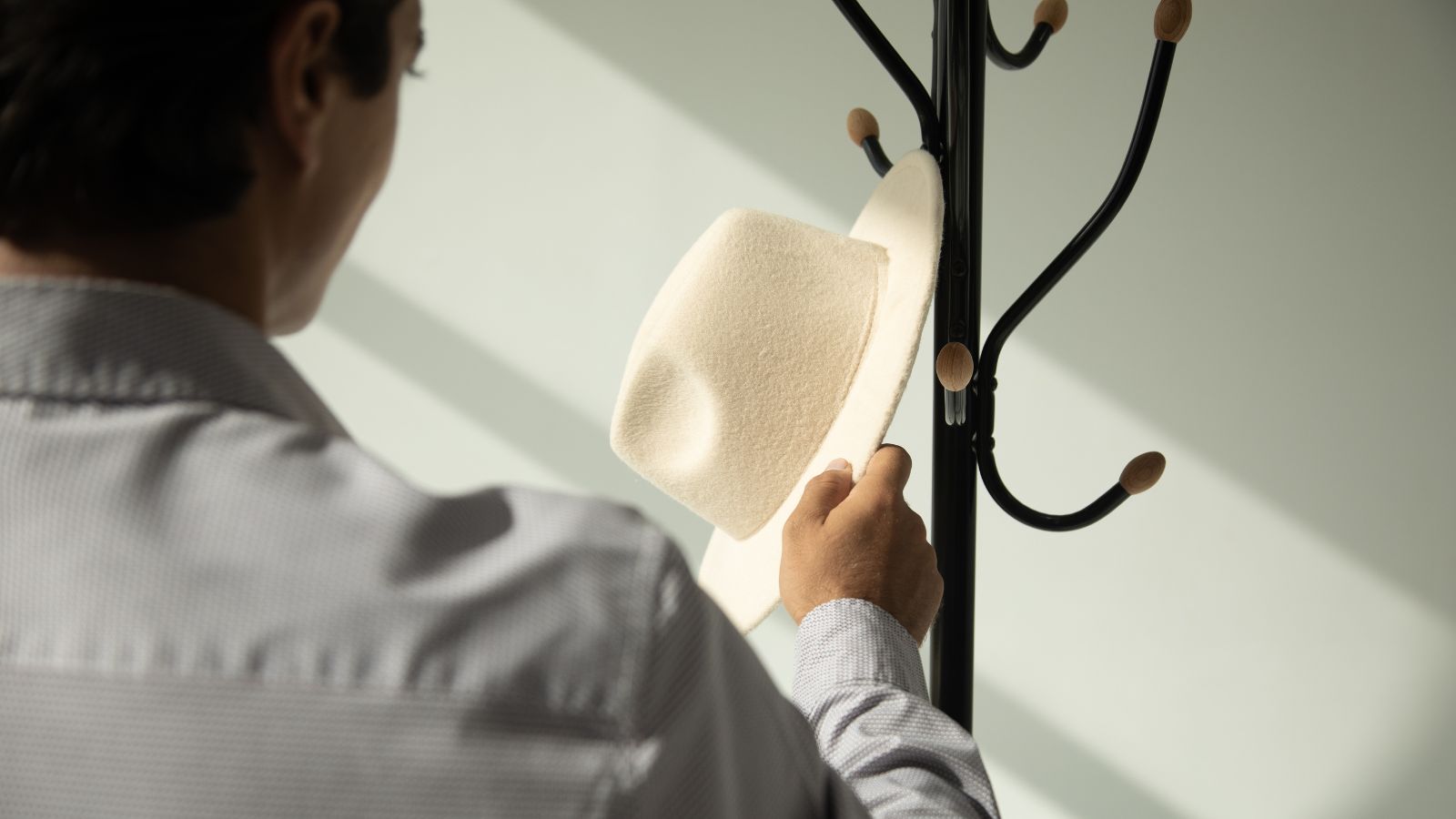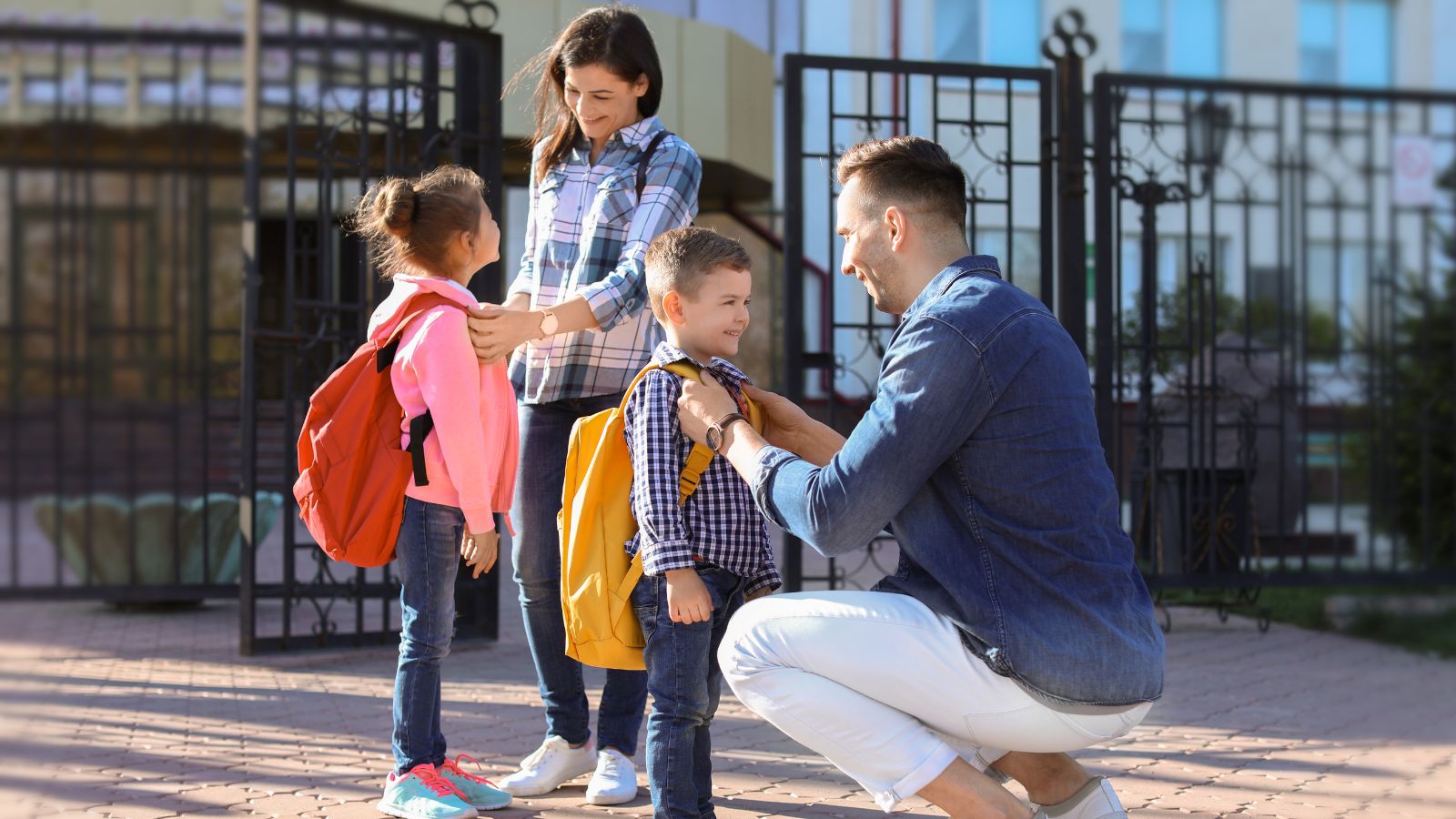Many traditional manners that were once considered essential are slowly disappearing as technology advances and societal norms shift. Some of the etiquette that was second nature to previous generations is no longer a priority, and here’s a look at 17 manners that are becoming rarer due to changes in parenting styles.
Saying “Please” and “Thank You”

According to HuffPost UK, “Basic etiquette is often missing in society,” and remember when saying “please” and “thank you” was non-negotiable? It was drilled into us from an early age that these simple words were the basics of polite conversation, but nowadays, this small courtesy is often overlooked.
Writing Thank-You Notes

Once upon a time, receiving a gift meant sitting down with pen and paper to write a heartfelt thank-you note, and it was a way to show appreciation and acknowledge the giver’s thoughtfulness. Today, though, this practice is on the decline thanks to digital communication and many parents no longer encouraging their children to send handwritten notes.
Greeting People with a Handshake

A firm handshake was once a universal sign of respect and a key part of first impressions; however, with more informal attitudes taking over, this tradition is fading, and many parents today don’t stress the importance of a good handshake. As a result, younger generations might not even know how to give one properly.
Holding Doors Open

Holding the door open for someone, especially for elders or those with their hands full, used to be a basic act of kindness, yet this simple gesture is becoming less common as people are more focused on their own lives, often buried in their phones. Parents today may not be reminding their children to be aware of others in this way.
Teaching Children to Say “Excuse Me”

When interrupting or when they need to pass by someone, teaching children to say “excuse me” is another manner that’s slowly disappearing. Parents might not correct their kids when they interrupt conversations or push past others without a word.
Removing Hats Indoors

There was a time when everyone knew that wearing a hat indoors—particularly during meals—was a no-no, and this etiquette rule, which was once widely taught by parents, is now largely ignored. Whether it’s because hats are more of a fashion statement now or because the rule is seen as old-fashioned, fewer parents are passing this tradition down.
Teaching Table Manners

Proper table manners were once a cornerstone of upbringing, with mums and dads ensuring their children knew how to use utensils correctly, chew with their mouths closed, and engage in polite conversation at the dinner table. These days, with busy schedules and casual dining, many of these lessons are falling by the wayside.
Standing Up When Someone Enters the Room

When someone, particularly a woman or an elder, enters the room, standing up was once a sign of respect. This gesture, which was deeply ingrained in social behaviour, is now rarely taught or observed because parents may not place as much importance on such formalities.
Giving Up a Seat for Others

Giving up your seat on public transport or in a crowded room to someone who needs it more, such as an elderly person, a pregnant woman, or someone with disabilities, was once second nature. Today, it’s not as commonly practised, with many young people remaining seated while others stand.
Avoiding Phone Use During Conversations

Thanks to smartphones, it’s become increasingly difficult to keep people’s attention, even during face-to-face conversations. The habit of putting phones away and focusing on the person you’re speaking to is one that’s fading fast, and many parents nowadays are not setting the example or enforcing this rule.
Speaking with Respect to Elders

Respecting elders was once a cornerstone of good manners. Children were taught to speak to their grandparents, teachers, and other older adults with a level of deference and politeness; however, this practice is less common today, with some parents focusing more on equality in conversations.
Addressing People by Their Titles

Using titles like “Mr.,” “Mrs.,” or “Miss” when addressing adults used to be a sign of respect and a standard part of communication, but now this formality is often skipped, with many people addressing adults by their first names. This change can make interactions feel less respectful and more informal.
Respecting Personal Space

The concept of personal space is one that’s becoming more fluid in today’s society, but in the past, it was a key aspect of polite behaviour. Children were taught to be mindful of others’ personal space and to respect boundaries, especially with people they didn’t know well, but now we have more relaxed social norms.
Listening Without Interrupting

Becoming lost in an age of constant distractions and fast conversations is the art of listening, and while parents once taught their children the importance of listening attentively and not interrupting when someone else was speaking, nowadays this lesson is often skipped. This decline in listening skills can make interactions more chaotic and less respectful.
Sending Formal Invitations

There was a time when sending formal invitations, even for relatively small gatherings, was a common practice. Children were taught the importance of sending and responding to such invitations promptly, but now, with digital communication and more casual social norms, formal invitations are often seen as unnecessary.
Asking for Permission Before Doing Something

Asking for permission before doing something, especially when it involves someone else’s property or space, was once a standard part of polite behaviour. Parents used to emphasise the importance of this courtesy, however this practice is fading, with many young people acting more independently.
Being Punctual

Finally, punctuality was once considered a key aspect of good manners, with parents instilling in their children the importance of being on time. Whether it was for school, appointments, or social events, arriving late was seen as disrespectful; today, punctuality is often overlooked, with many people arriving late or cancelling at the last minute.







